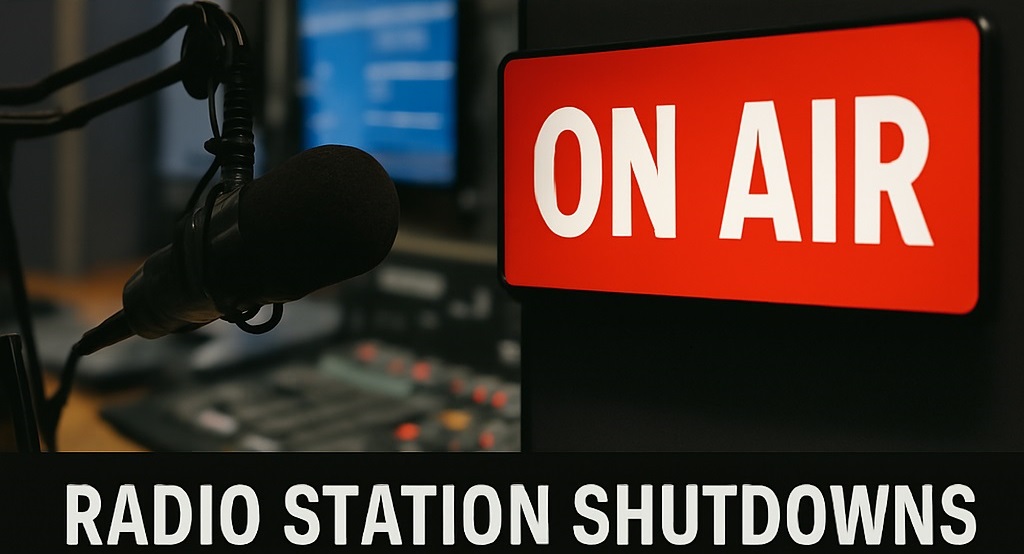Ghana’s Radio Shutdown Controversy: Regulatory Compliance vs. Media Freedom

Ghana’s media landscape was shaken on June 12, 2025, when the National Communications Authority (NCA) abruptly shut down 64 radio stations, including prominent outlets like Asaase Radio and Wontumi FM. The move, justified as an enforcement of regulatory compliance, sparked widespread debate on whether it was a necessary step or an infringement on press freedom. Former President John Dramani Mahama swiftly intervened, granting clemency to the affected stations and directing the NCA to allow them time to rectify their licensing issues.
The NCA’s Justification
The NCA cited persistent violations of broadcasting regulations, specifically Regulations 54 and 56 of the Electronic Communications Regulation 2011 (LI 1991). According to the authority, the affected stations fell into four categories:
-
Expired Authorisations – Stations that continued broadcasting despite failing to renew their licenses.
-
Inactive Authorisations – Stations that received licenses but failed to commence operations within two years.
-
Provisional Authorisations – Stations that had paid fees but were still awaiting final approval.
-
Pending Inspections – Stations that had fulfilled financial obligations but had not undergone final regulatory checks.
The NCA emphasized that non-compliance would lead to severe consequences, stressing the importance of adhering to licensing and operational standards.
Public Outcry and Mahama’s Intervention
The shutdown triggered public backlash, with many arguing that it undermined media freedom. Critics pointed out that some of the affected stations had political affiliations, raising concerns about selective enforcement. In response, President Mahama directed the Minister for Communications, Digital Technology and Innovation to liaise with the NCA and restore broadcasts for the affected stations. He argued that while regulatory compliance was essential, it should not come at the expense of press freedom.
Mahama’s directive granted the stations a 30-day grace period to regularize their operations, ensuring they met licensing requirements without immediate shutdown.
Implications for Ghana’s Media Landscape
This incident highlights the delicate balance between regulatory enforcement and freedom of expression. While the NCA insists that its actions were purely administrative, the timing and scale of the shutdown have fueled suspicions of political interference. The controversy raises key questions:
-
Should media houses be given more flexible timelines to comply with regulations?
-
Is there a need for greater transparency in how the NCA enforces licensing rules?
-
How can Ghana safeguard press freedom while maintaining regulatory integrity?
The shutdown of 64 radio stations marks a pivotal moment in Ghana’s media history. While regulatory compliance is crucial, the intervention by President Mahama underscores the importance of balancing enforcement with media freedom. As the affected stations work to regularize their operations, the broader conversation on press independence and government oversight continues to evolve.



0 Comments
No comments yet, be the first to comment